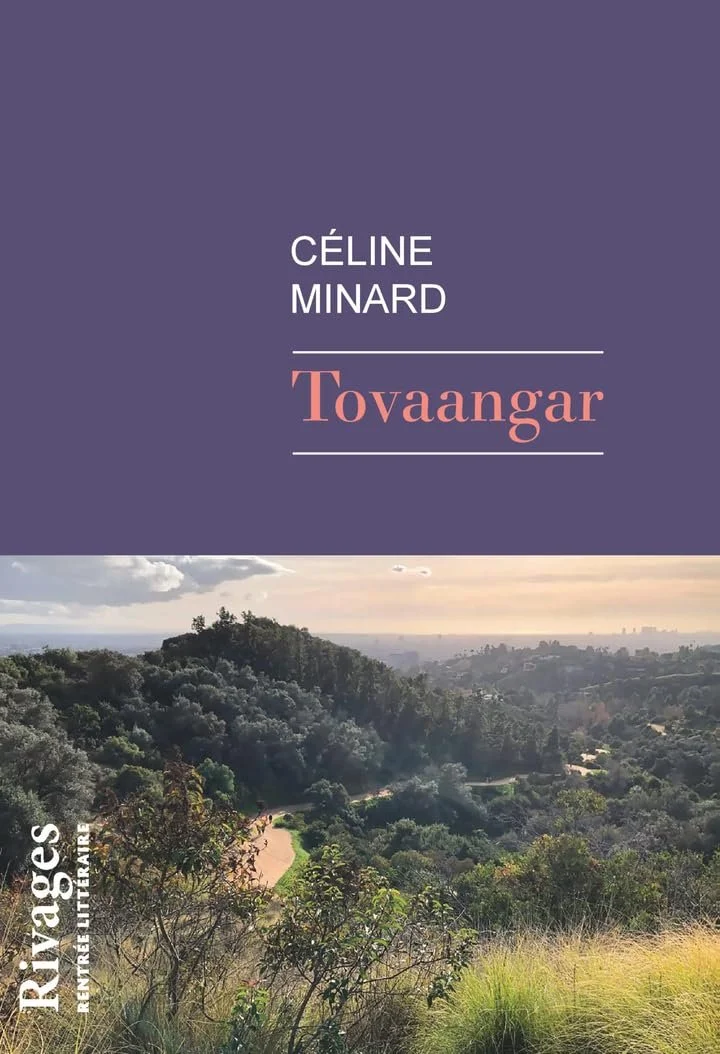TOVAANGAR
Céline Minard
Éditions Payot & Rivages, 680 pages, 2025
🏅 Longlisted for the 2025 Prix Médicis
Why you should take a look at it?
√ A visionary post-civilization world
√ A mythic quest through reenchanted landscapes
√ A genre-defying literary mastery
With Tovaangar, Céline Minard paints a luminous portrait of the world after—a world where human civilization has crumbled, yet its echoes persist, haunting and unresolved. What remains is not desolation, but transformation: matter and life intertwine, governed now by unfamiliar laws, nascent codes, and a language that feels—deliberately—like a delicate unmaking of our own.
At the edges of what was once a city—Los Angeles, now renamed Hidden—Minard crafts a universe pulsing with strangeness and wonder. The geography is more than setting; it is presence, almost character. Here, unusual beings move through canyons and deserts, forests and rivers, navigating a world reshaped by time and mystery.
At the heart of this mythic narrative flows the figure of Paayme Paxaayt, the river of the West—a force both ancient and vital. Alongside it, we follow Amaryllis Swansun and her companions on a singular expedition: part quest, part revelation. As they journey through this altered land, they encounter vibrant ecosystems and cultures whose relationship to the natural world is both intimate and sacred, shaped by a deep attunement to its rhythms.
Minard’s prose defies boundaries—melding genres, breaking form, and expanding scale. The result is a sweeping literary odyssey, equal parts speculative fiction, ecological reflection, and philosophical inquiry.
In this grand, demiurgic tale Céline Minard offers not just a story but a fable: an exploration of loss, transformation, and the possibility of re-enchantment. It is a visionary work that asks us to imagine not merely the end of our world, but the birth of another.
Tovaangar is a genre-blurring literary work that uses speculative and ecological frameworks to explore profound philosophical and cultural questions.
Céline Minard has published twelve books over two decades, all of them varying in tone and form. She completed residencies at Villa Médicis (in 2007–08) and Villa Kujoyama (in 2011), and was awarded the Franz-Hessel Prize for So Long, Luise, the Prix du Livre Inter for Faillir être flingué, the Special Mention of the Wepler Prize for Bastard Battle, the Zadig and Voltaire Prize for Bacchantes, and the Grand Prix de l’imaginaire for Plasmas (published in 2024 by Deep Vellum).

